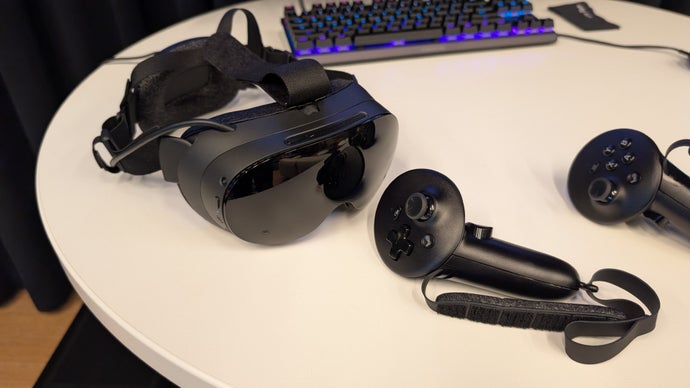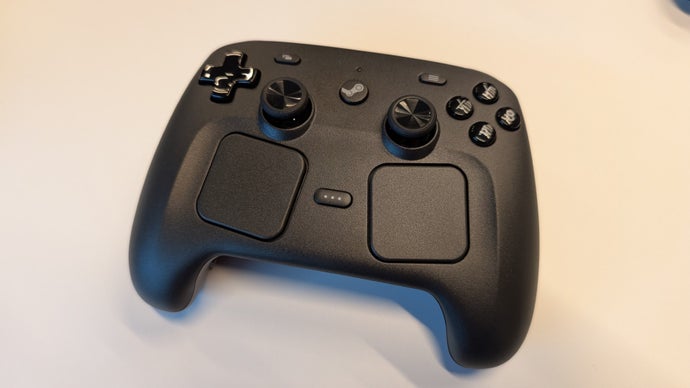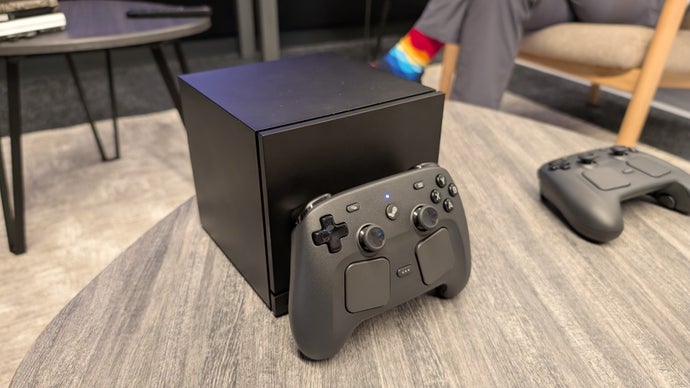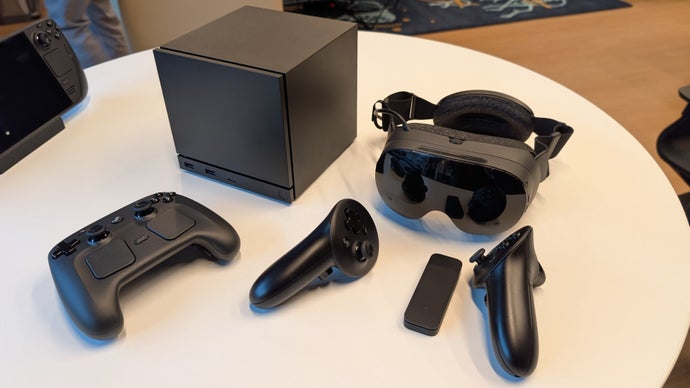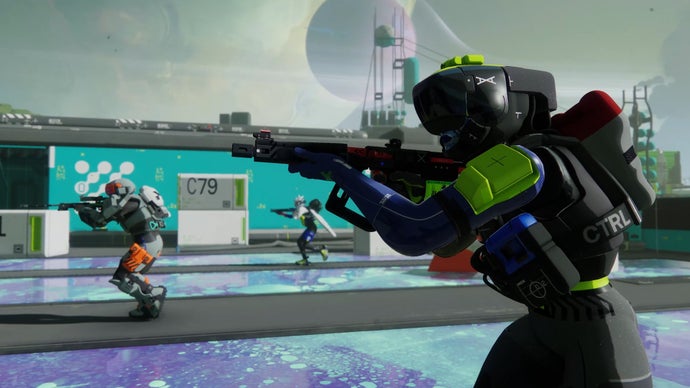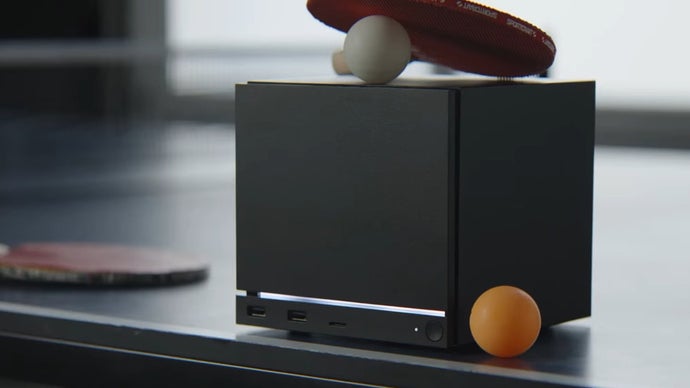
How about that Steam Machine, 'ey? Consoles are now computers and computers are now consoles. What a topsy turvy world we're living in! I'm sure you have lots of questions, a lot of which I hope can be answered by James' hands-on look at the thing, but you may still be wondering how you'll know what games will actually work on it. The Steam Deck has its fancy verified badge that certifies that a game runs on the handheld, and it turns out that same badge is one that'll come in handy for the Steam Machine.




